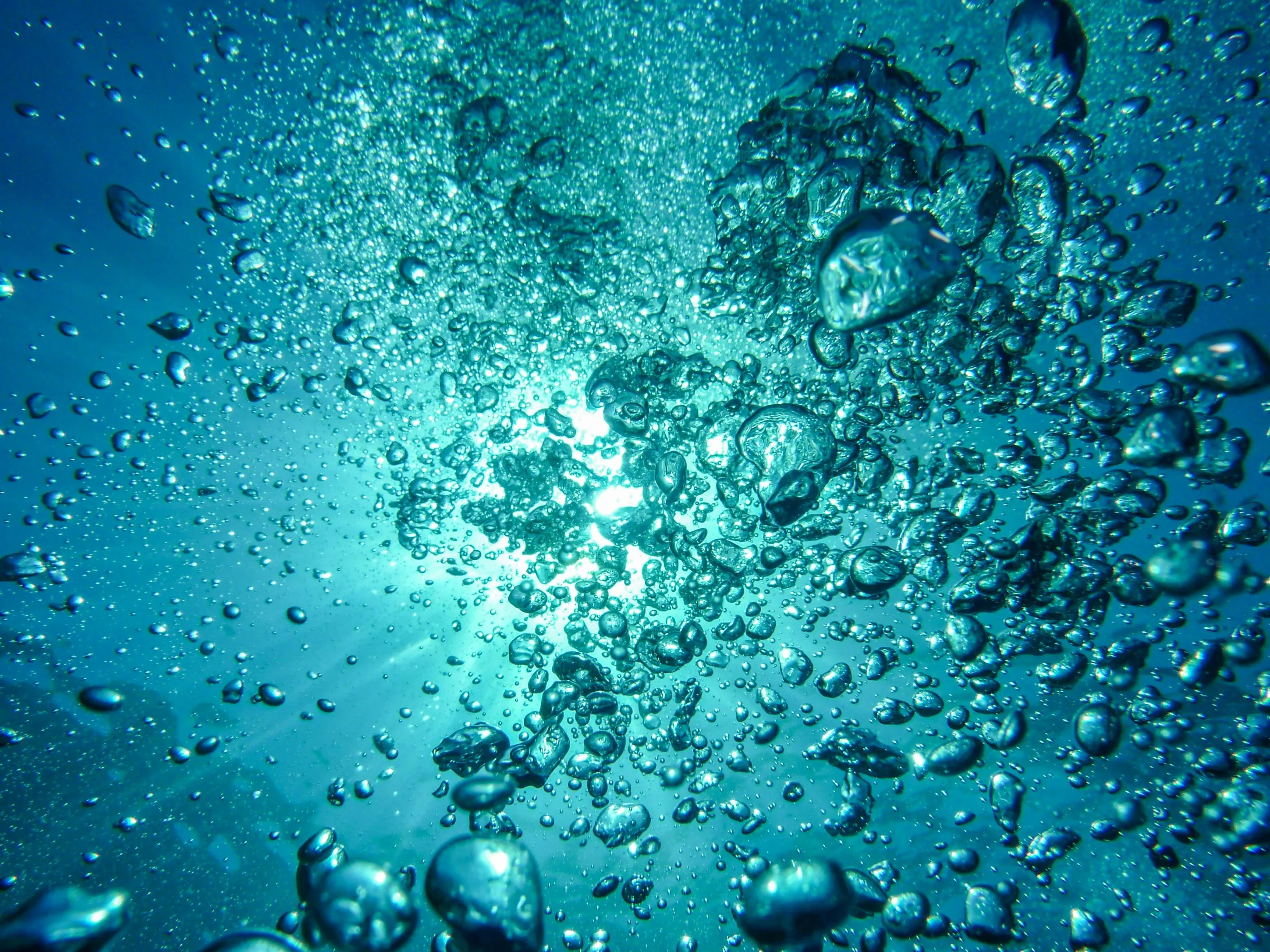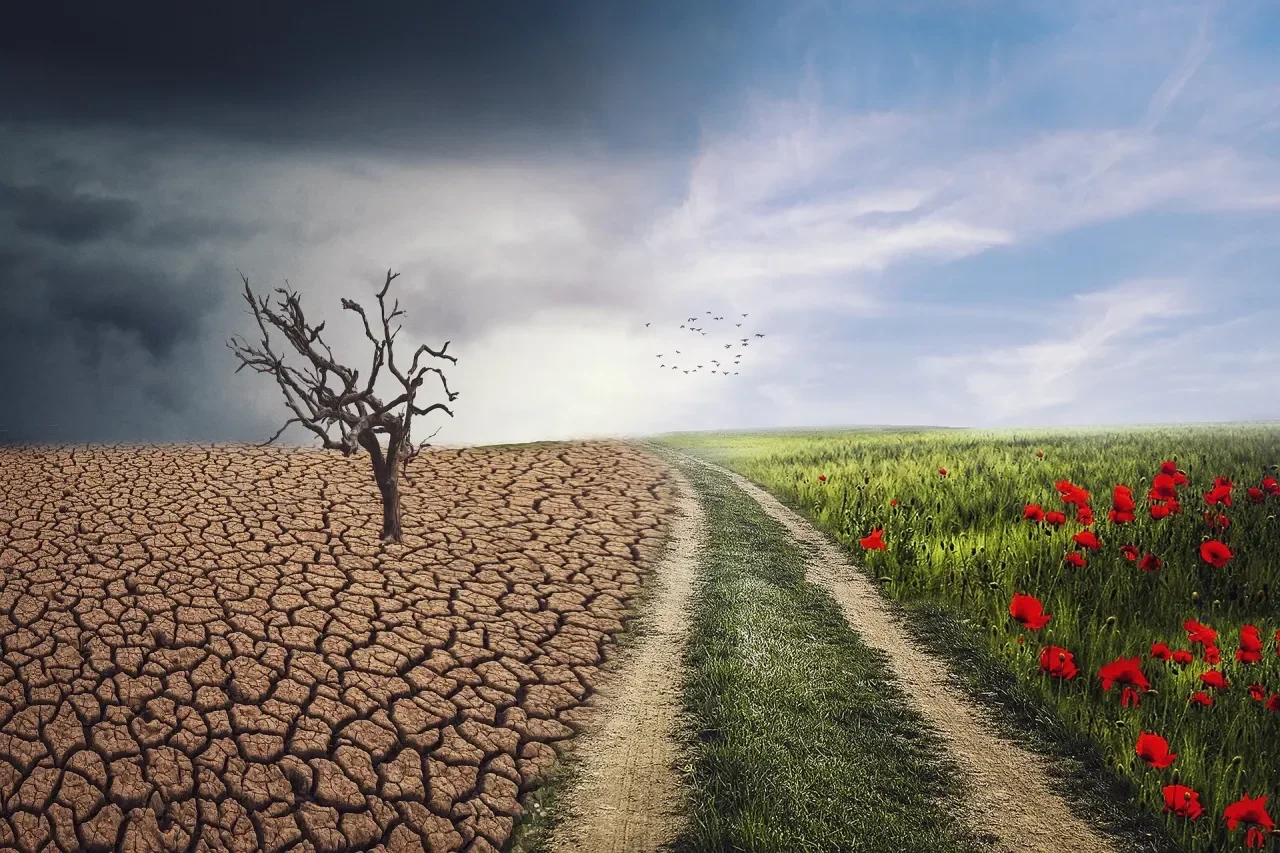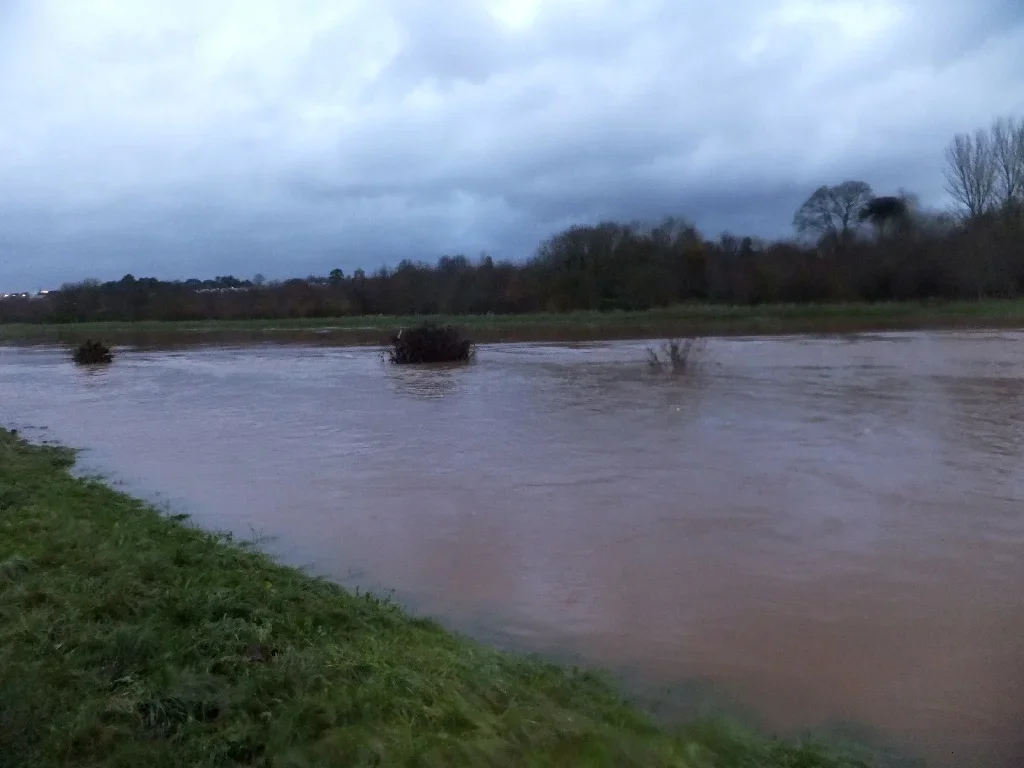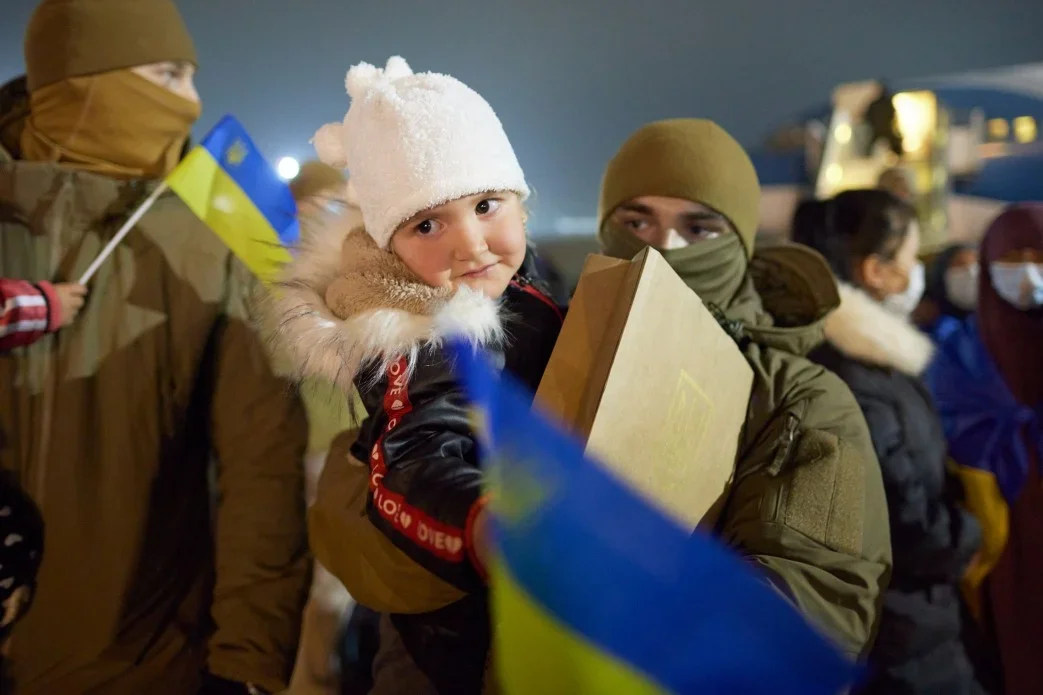Global Water Scarcity: Geopolitical Threats in an Era of Climate Stress
As of 2025, water has become a strategic resource on par with oil and gas. Under the pressures of accelerating climate change, population growth, and poor water governance, entire regions — from the Middle East to Central Asia and the African Sahel — are facing severe shortages and rising social tensions.
The Middle East: Between Drought and Sovereignty
Some of the most acute water crises are unfolding in the Middle East. The Euphrates and Tigris rivers — lifelines for Iraq and Syria — have seen reduced flows due to dam-building projects in Turkey. The Southeastern Anatolia Project (GAP) enables Ankara to control water flow, sparking diplomatic friction with Baghdad and Damascus.
Meanwhile, Jordan and Israel are also negotiating new water-sharing agreements over the Jordan River, as climate models project a 25% reduction in inflows by 2040. In this fragile region, water is increasingly used as a geopolitical tool.
Central Asia: Post-Soviet Legacies and Melting Glaciers
The Amu Darya and Syr Darya rivers, crucial to Uzbekistan, Tajikistan, and Kazakhstan, have seen their volumes drop by more than 30% over the past two decades. Melting glaciers in the Pamirs and Tien Shan, combined with high irrigation demand, have created upstream–downstream conflicts.
Tajikistan’s construction of hydroelectric projects like the Rogun Dam has raised alarm in Uzbekistan, which fears reduced flows for agriculture. The absence of a strong regional governance mechanism makes Central Asia vulnerable to interstate disputes.
Africa: The Nile’s Turbulent Future
Ethiopia, Sudan, and Egypt are locked in a tense standoff over the Grand Ethiopian Renaissance Dam (GERD) on the Blue Nile. Addis Ababa asserts its sovereign right to develop hydropower, while Cairo sees the project as a direct threat to water security for over 100 million Egyptians.
In the Sahel — from Mali to Chad — shrinking rivers and lakes, exacerbated by climate stress, are accelerating migration and triggering clashes between nomadic herders and settled farmers. This instability is fertile ground for extremist recruitment.
Climate Pressure and Global Security Risks
Climate projections suggest that by 2050, more than 5 billion people could live in water-stressed regions. Rising global temperatures (1.5–2°C above pre-industrial levels) will intensify drought, deplete aquifers, and deepen social and political tensions over access to water.
While the UN, World Bank, and EU are investing in cross-border water cooperation, the lack of binding legal frameworks and political trust continues to hinder sustainable management.
The Bulgarian Context: Resilience in a Warming World
Though not currently in crisis, Bulgaria is also feeling the impact of climate-induced water stress — declining groundwater reserves, droughts, and uneven resource distribution. The topic of water has entered national security strategies and is now part of the 2024–2030 National Climate Adaptation Plan.
In the broader global context, effective water governance is not just an environmental challenge but a strategic imperative for peace and development.
You may also like
Disclaimer:
This article is an analytical review by the BurgasMedia editorial board and reflects the opinion of an expert group based on current political, economic, and social developments.
The conclusions presented are not predictions or factual statements, but a hypothetical interpretation of possible scenarios.
The publication is not responsible for any discrepancies with future developments and encourages readers to form independent judgments based on verified sources.








Коментари (0)
Все още няма коментари.